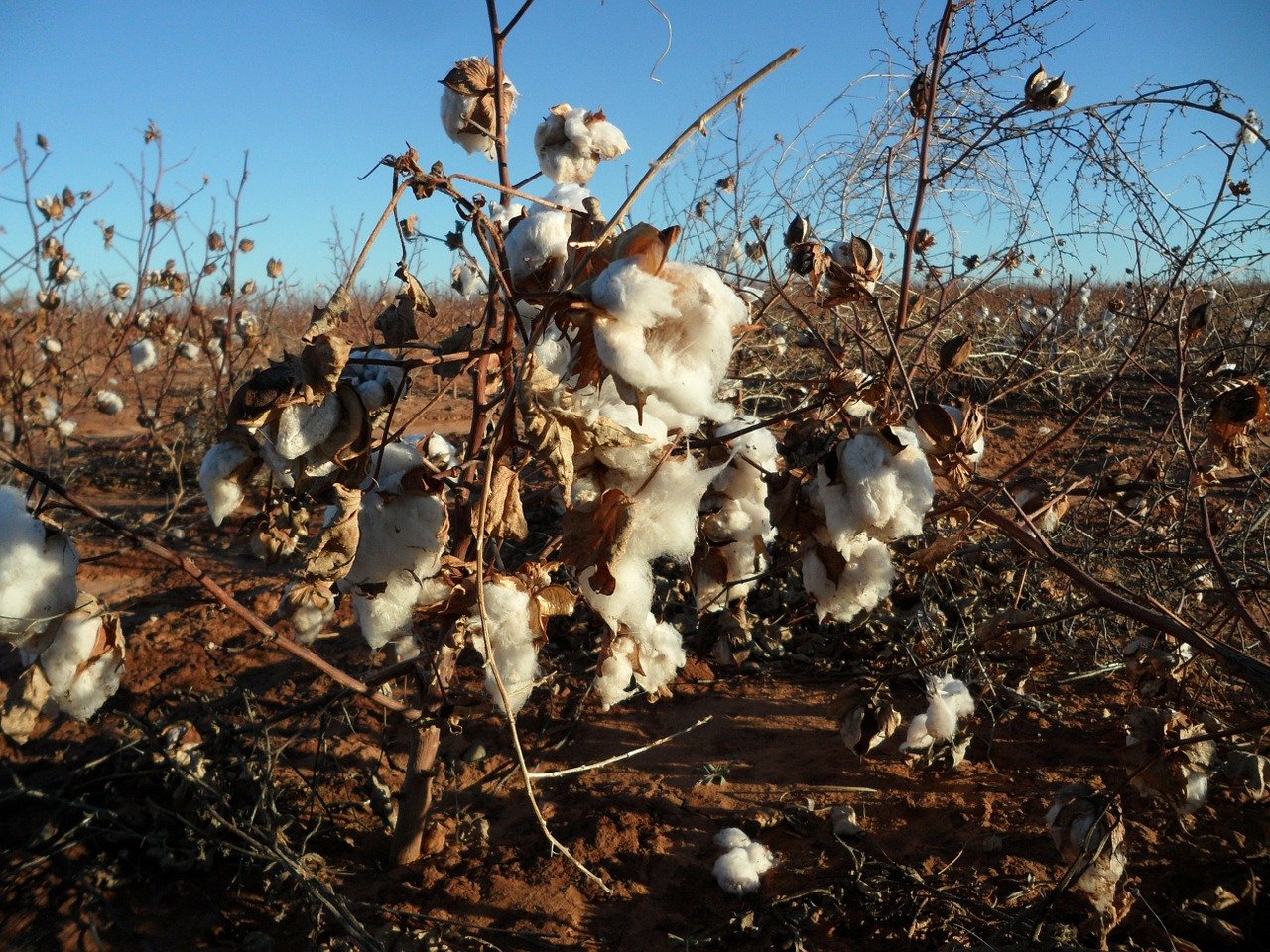
Hemp is incredibly versatile in that it can be used to help produce thousands of different products, including things like food, ropes, body lotions, bedding, fuel, paper, and clothing. It's a crop that many farmers globally are starting to become more interested in, with more farmers starting who are now looking to start growing their own hemp crops.
One of the areas in the world that would likely benefit tremendously from turning in the the direction of hemp is India.
At the moment, the countries that are the leaders in the cotton industry, when it comes to production, are places like India and China, the United States, and Pakistan. Cotton production between 2016-2017 for India, who happens to be the leader in this industry; currently the second largest exporter, was estimated to be around 5.88 million metric tons.

This country also has a very serious issue with farmers who have committed suicide, alleged to be over debts related to their farming. Since 1995, it's estimated that over 270,000 farmers have taken their lives, roughly 12,000+ every year.
And not only have many of the farmers there been taking their lives intentionally, but many others are also alleged to have suffered from pesticide poisoning and died as a result.

Switching To Hemp...
Right now, hemp can be legally cultivated for industrial and horticulture purposes, and there are a few companies that have already sought to produce a variety of hemp products in the region. But perhaps it could offer even more benefit if more farmers would turn toward embracing the crop over cotton.
The Benefits...
Hemp is said to last longer than cotton and is much more durable, requires roughly half the amount of water and land that it takes to grow cotton, and the crop can be harvested in 90 days. It's also allegedly able to be grown without the use of any herbicides, and with little to no pesticides.
Cotton is regarded as being one of the 'thirstiest crops' that is out there. And it is estimated to require roughly 20,000 liters of water in order to produce only about 1kg of cotton. To grow the same amount of hemp, roughly 1kg of dry hemp, researchers have found that it only requires about 300-500 liters of water.
There are many farmers still in India, as with elsewhere in the world, who aren't yet aware of the incredible market value that hemp can provide. However, there are multiple efforts taking place not only in India, but throughout the US and elsewhere, where hemp advocates are trying to educate their local communities on the various possibilities that can be explored by moving to accept and further cultivate hemp.
This is one crop that might make a tremendous difference to the lives of many, and the economy in not only India but in many areas globally.
No comments:
Post a Comment